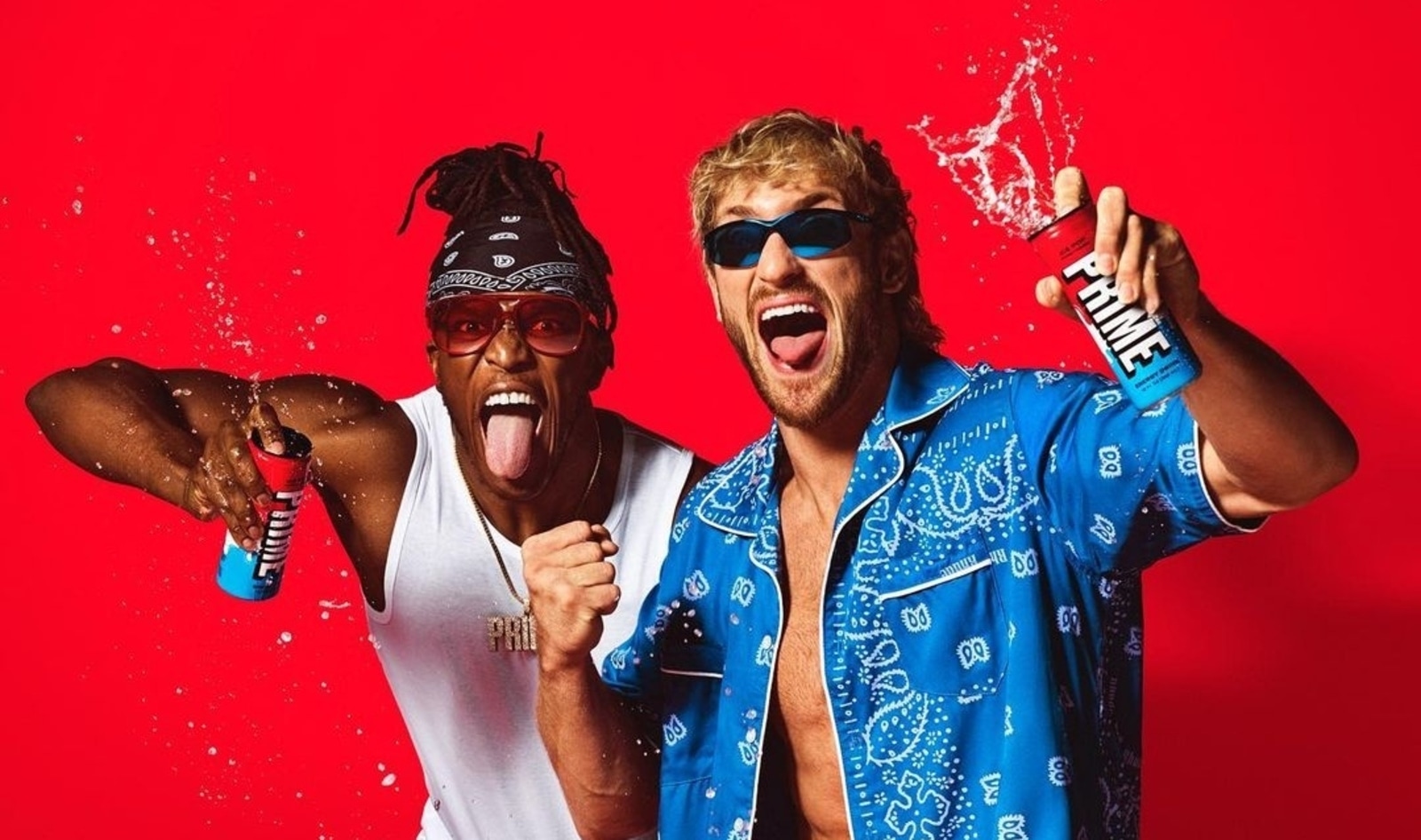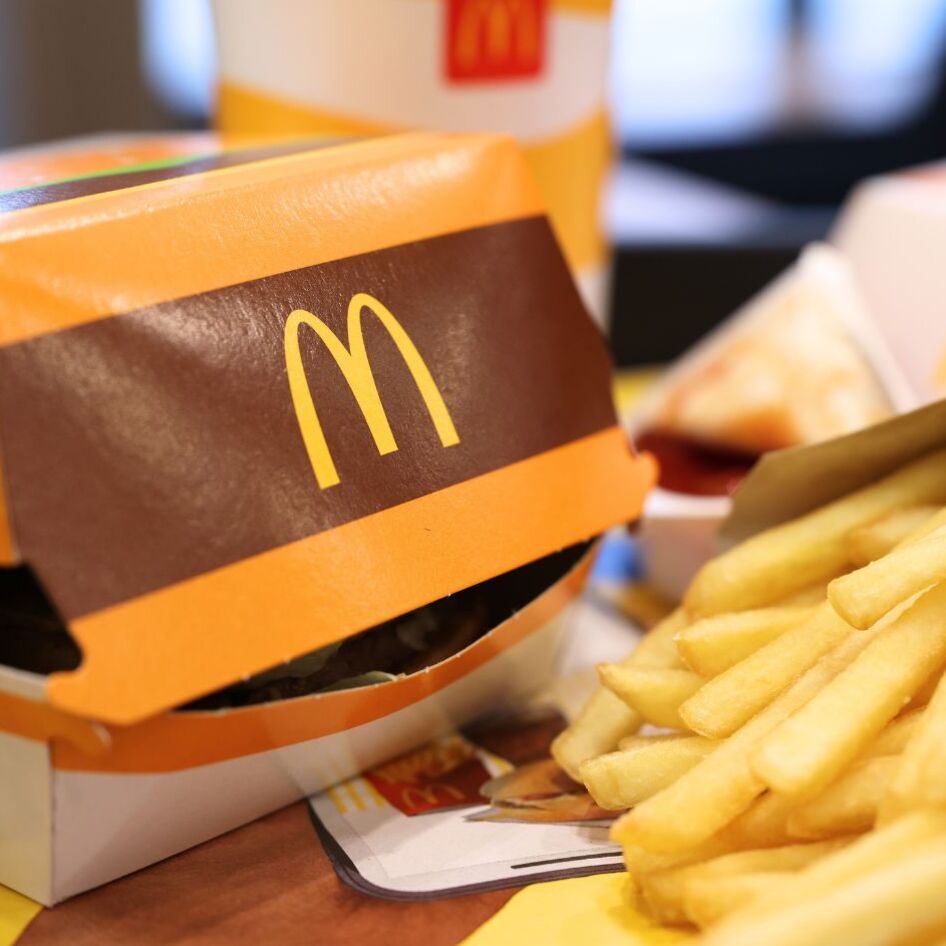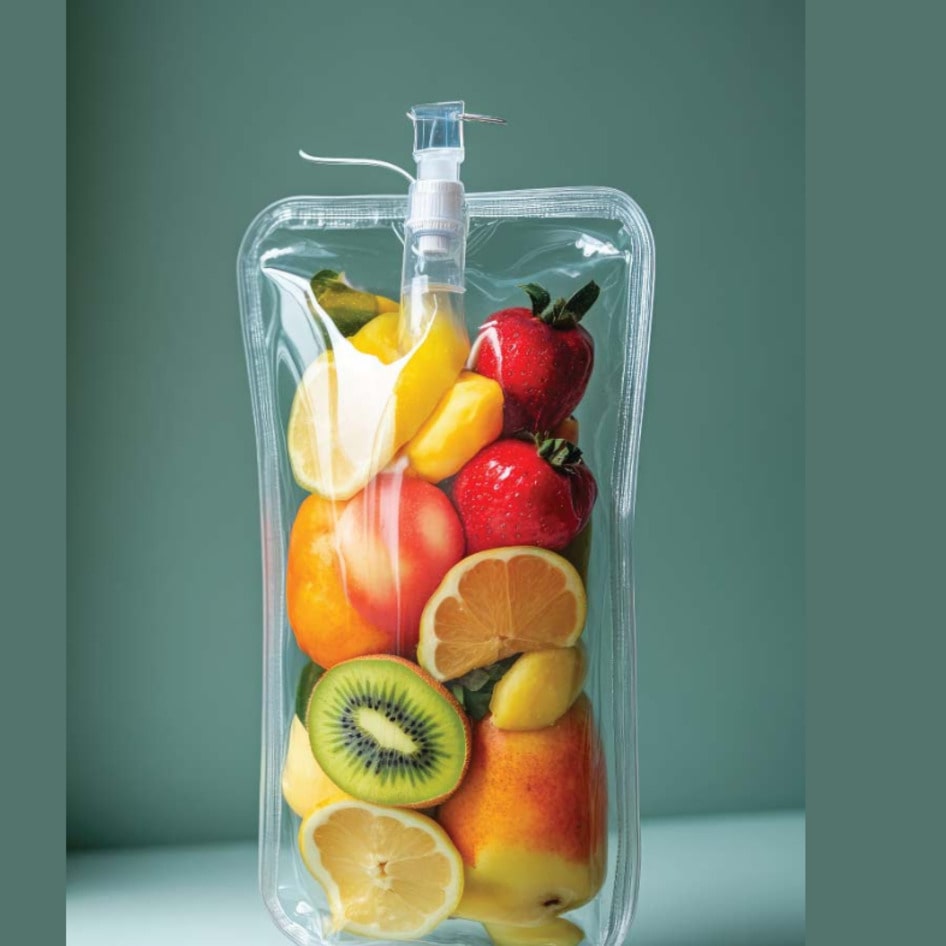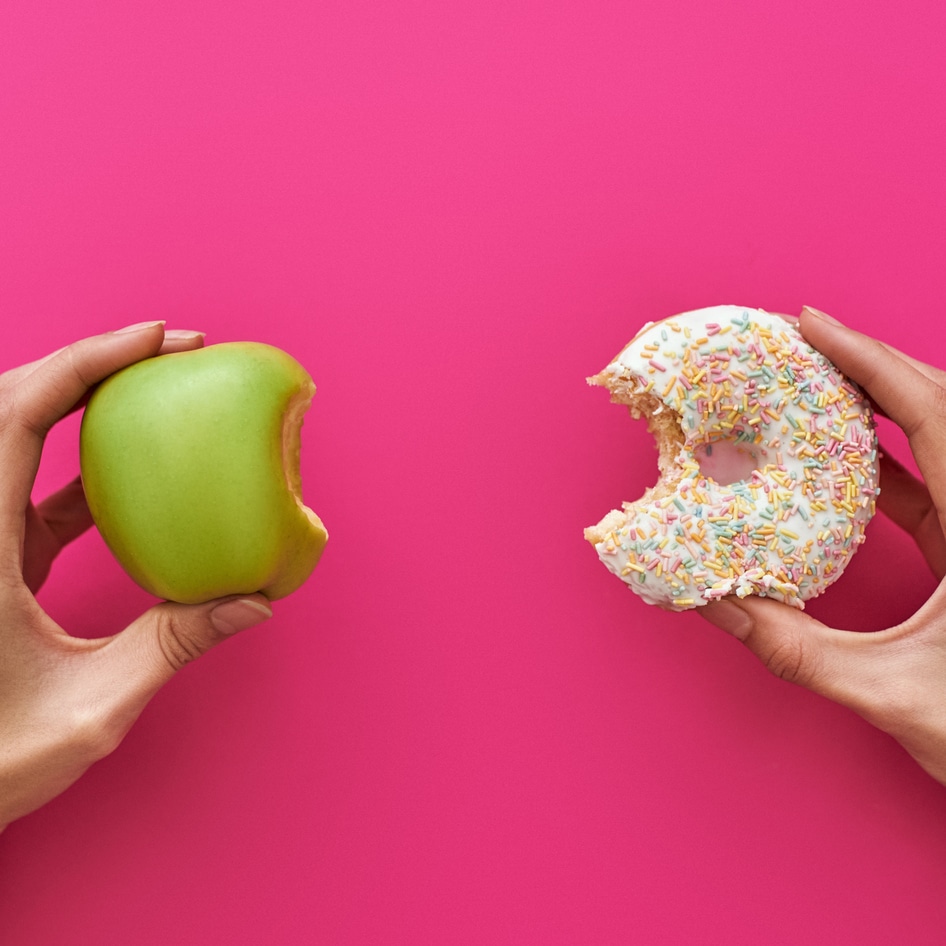In 2022, Logan Paul and KSI, both popular social media influencers with millions of followers between them, teamed up to launch the drink brand, Prime. As you might expect from two major personalities in social media (who also used to be boxing rivals), the brand (which is vegan-friendly) became an online sensation. But in the last year, questions have been raised over Prime, namely: are its products actually safe?
Prime offers two different drinks ranges. The first is Hydration, a caffeine-free line of “hydration drinks” in various flavors. Each is made with 10-percent coconut water and contains added vitamins, antioxidants, and electrolytes.
The second range is called Energy, and this is where the controversy lies. Each of the drinks in this range, which looks similar to the Hydration line and boasts very similar flavors, contains 200 milligrams of caffeine in the US, and 140 milligrams of caffeine in the UK. For context, a standard cup of coffee usually contains around 95 milligrams of caffeine.
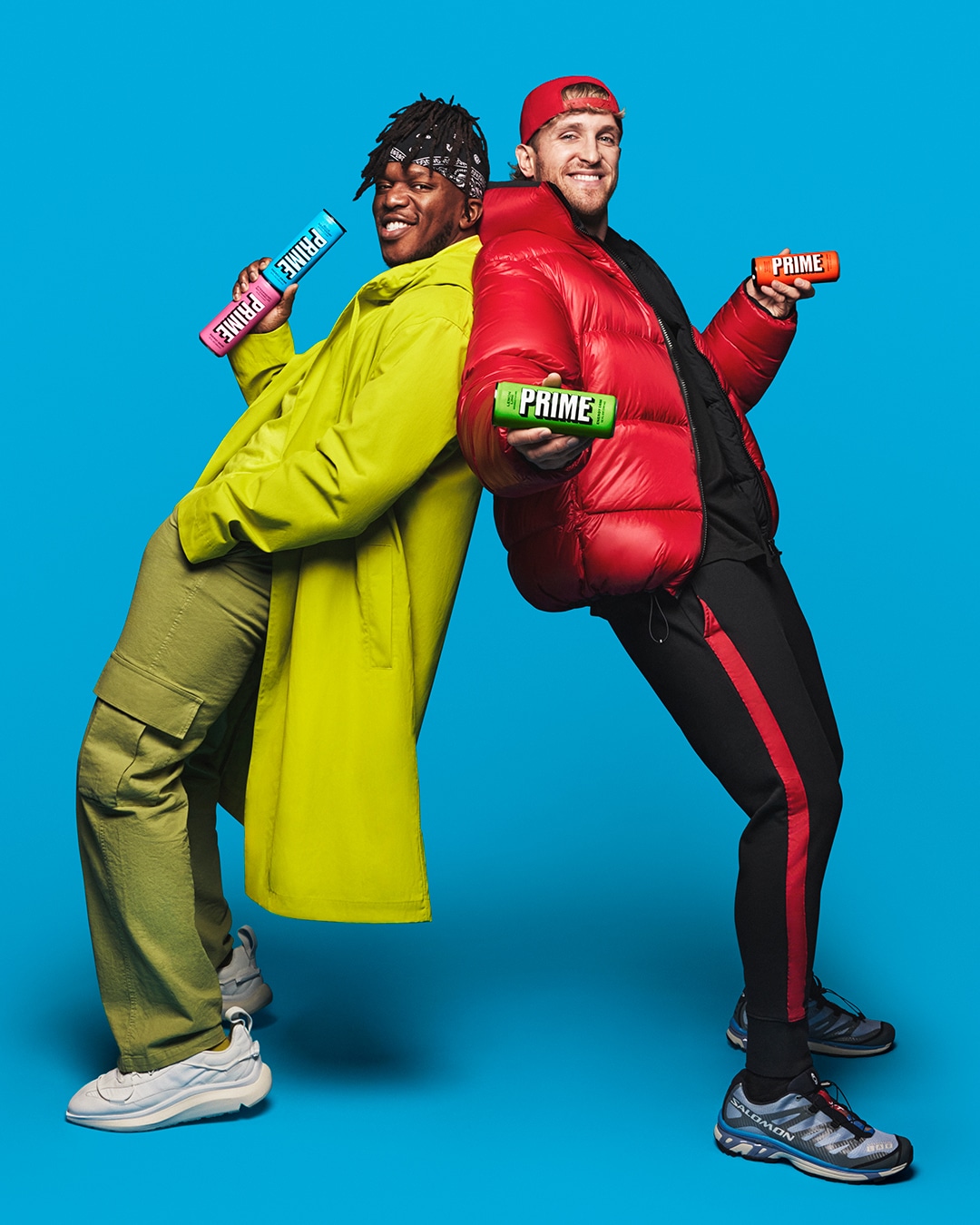 Prime
Prime
The controversy around Prime drinks
For most of Prime’s critics, the concern revolves around young people buying its drinks. The flavors, which include Strawberry Watermelon, Blue Raspberry, and Tropical Punch, are targeted at young people, many believe. This is despite the fact that the brand notes on its website that energy drinks are for those aged over 18.
“Buyers and parents beware because it’s a serious health concern for the kids it so feverishly targets,” US Senate Majority Leader Chuck Schumer said at a news conference in New York last year. “This is an eye-popping level of caffeine for a young kid’s body.”
However, recently, Paul responded to criticism via ABC News. “That’s such a heavy claim. But I want to dive into it. You know, we are a social media-first company. The good thing about social media is there’s data, right? There’s analytics,” he said. “Ninety percent of my audience is above the age of 18. Ninety-three percent of Prime’s audience is above the age of 18, according to Instagram’s analytics.”
“Caffeine consumption isn’t recommended for kids or anyone under the age of 18. That’s an industry standard thing, not a Prime-specific one,” he continued. “People need to be smart about what they’re putting in their bodies.”
Are Logan Paul’s Prime drinks safe?
While energy drink brands, like Prime, Monster, and Red Bull, may not be making products for children (and many state this on their websites and product pages), it seems that children remain one of their biggest consumer bases.
In 2022, research suggested that around a quarter of British teenagers aged 13 and 14 drank one energy drink or more every week. The study also found that around the world, between 13 percent and 67 percent of children had consumed energy drinks in the previous year.
According to the Centers for Disease Control and Prevention (CDC), energy drinks are especially harmful to children. They can lead to dehydration, anxiety, insomnia, and even heart complications. In 2011, it was revealed that more than 20,780 young people visited emergency rooms in the US due to complications from energy drink consumption.
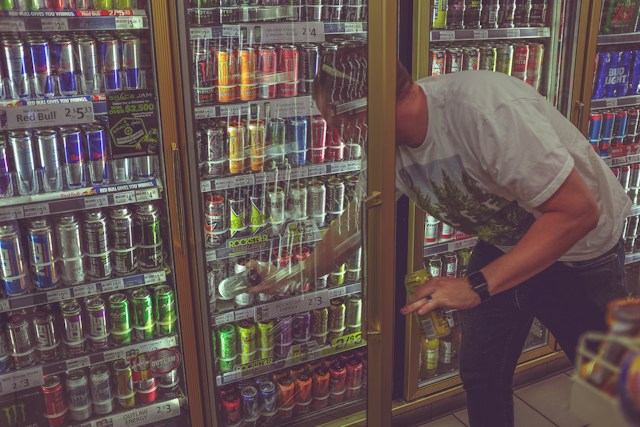 Unsplash
Unsplash
More recently, in January 2024, research conducted at Newcastle University and Teesside University in the UK linked energy drink consumption with depression, anxiety, and suicidal feelings in children. They also may lead to a higher risk of ADHD symptoms, severe stress, and poor sleep quality, as well as a high BMI, high blood pressure, and heart rhythm problems.
In the UK and the US, many believe that the sale of energy drinks of all kinds, including those from Prime, to children should be banned.
“Retailers could choose to place sports drinks and energy drinks in different locations and label the sections differently; but, I think that is unlikely to happen without regulation which starts with better product labeling and widespread education,” Dr. Holly Benjamin, a professor of pediatrics and orthopedic surgery at the University of Chicago, told Reuters last year.
“Any energy drink with a high dose of caffeine in it, such as Prime Energy, is unsafe for children,” she added.
Are energy drinks vegan?
Many energy drinks on the market, including those from Prime, are marked as vegan. However, some do contain animal ingredients. Taurine, for example, is often found in energy drinks and is commonly derived from animal sources, such as bull semen or bile. Some colorings in energy drinks, such as carmine (E120), for example, are derived from insects and are not considered vegan.
If you do wish to consume energy drinks, experts recommend that healthy adults do not consume more than one per day. The CDC also notes that most people moderate their caffeine consumption to less than 400 milligrams per day.
For more vegan news, read:
JUMP TO ... Latest News | Recipes | Guides | Health | Subscribe

